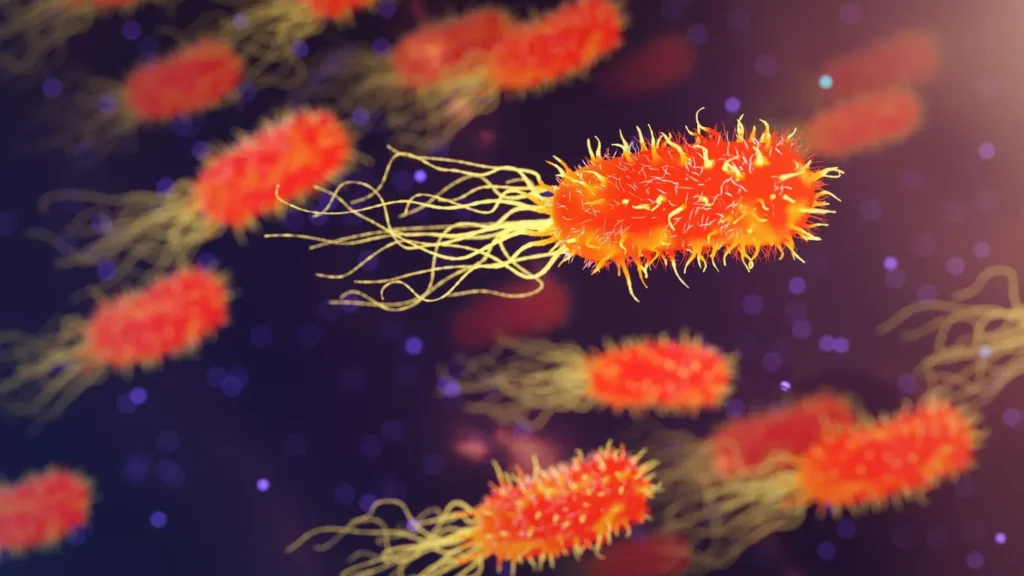Neurological diseases can disrupt lives in unimaginable ways, affecting not only the patients but also their families. At Doctorhub360.com, a dedicated approach to neurological conditions bridges the gap between cutting-edge medical insights and compassionate care.
This article sheds light on the complexities of neurological disorders, focusing on their causes, symptoms, and treatment options, while offering practical tips for patients and caregivers.
What Are Neurological Diseases?
Neurological diseases refer to disorders affecting the nervous system, which includes the brain, spinal cord, and peripheral nerves. Conditions like Parkinson’s disease, Alzheimer’s, epilepsy, and multiple sclerosis fall under this category.
These diseases can have a profound impact on a person’s mobility, memory, emotions, and overall quality of life. Understanding them is the first step to seeking effective treatment.
Common Types of Neurological Disorders
1. Alzheimer’s Disease
A progressive condition that affects memory and cognitive functions.
- Symptoms: Forgetfulness, confusion, mood swings.
- Treatment Options: Medications like cholinesterase inhibitors, lifestyle adjustments, and cognitive therapies.
2. Parkinson’s Disease
This movement disorder arises due to low dopamine levels in the brain.
- Symptoms: Tremors, stiffness, balance issues.
- Treatment Options: Medications like Levodopa, deep brain stimulation.
3. Multiple Sclerosis (MS)
An autoimmune condition where the immune system attacks the protective covering of nerves.
- Symptoms: Fatigue, vision problems, muscle weakness.
- Treatment Options: Immunotherapy, physiotherapy.
Causes of Neurological Disorders
Neurological conditions have various underlying causes, including:
- Genetic predisposition: Some disorders, like Huntington’s disease, are inherited.
- Infections: Conditions such as meningitis arise from infections.
- Trauma: Head injuries can lead to chronic issues like epilepsy.
- Lifestyle factors: Poor diet, lack of exercise, and stress increase the risk of stroke and other neurological issues.
Navigating the Symptoms
The symptoms of neurological diseases are as diverse as the conditions themselves. Common signs include:
- Persistent headaches or migraines.
- Loss of sensation or tingling in limbs.
- Difficulty speaking or understanding speech.
- Memory loss or confusion.
If you or a loved one notices these signs, consult a neurologist immediately. Early diagnosis is crucial for managing these conditions effectively.
How Does Doctorhub360.com Help?
Doctorhub360.com provides invaluable resources for those battling neurological diseases. Patients can access:
- Specialist Directories: Find top neurologists worldwide.
- Comprehensive Guides: In-depth articles on symptoms, causes, and treatment plans.
- Community Forums: Connect with others sharing similar experiences.
- Treatment Updates: Stay informed about the latest advancements in neurological care.
Treatment Options
The treatment of neurological diseases varies depending on the condition and its severity. Here’s a broad overview:
1. Medication
Drugs like anticonvulsants, antidepressants, or dopamine agonists are used to manage symptoms.
2. Physical Therapy
Improves mobility and reduces pain in conditions like MS or stroke recovery.
3. Psychological Support
Counseling and therapy can address emotional impacts, such as depression or anxiety.
4. Advanced Interventions
For severe cases, options like neurosurgery or deep brain stimulation are explored.
Living with a Neurological Disease: Real Stories
At Doctorhub360.com, patients share their inspiring journeys. These stories provide hope and motivation for others facing similar challenges. For instance, Rachel, diagnosed with MS, emphasizes:
“Focusing on small victories each day helped me rebuild my confidence.”
Tips for Caregivers
Caring for someone with a neurological disease is emotionally and physically demanding. Here are some helpful tips:
- Educate Yourself: Understand the condition thoroughly.
- Be Patient: Recovery and symptom management take time.
- Seek Support: Join caregiver communities for shared experiences.
- Take Breaks: Self-care is essential to avoid burnout.
Innovations in Neurology
Recent advancements in neurological treatments offer promising outcomes:
- AI in Diagnosis: Tools like MRI-based AI models detect early signs of conditions.
- Gene Therapy: Potential treatments for genetic disorders like Huntington’s.
- Wearable Devices: Track symptoms and monitor patient health in real-time.
Doctorhub360.com stays updated on these breakthroughs, providing reliable information to patients and professionals.
A Word from Us
Neurological diseases are life-altering, but with the right knowledge and support, patients can lead fulfilling lives. At Doctorhub360.com, we believe in empowering individuals by offering credible resources and fostering a sense of community.
Whether you’re seeking answers, treatment options, or emotional support, we’re here to guide you every step of the way.
FAQs
1. What is the role of Doctorhub360.com in neurological care?
It provides trusted resources, expert directories, and a supportive community for patients and caregivers.
2. What are the early symptoms of neurological diseases?
Common signs include headaches, memory loss, and loss of sensation.
3. Are neurological diseases curable?
While many conditions are manageable, some remain incurable but can be controlled with treatment.
4. How can caregivers support patients with neurological diseases?
Caregivers should educate themselves, stay patient, and seek emotional support when needed.
5. What are the latest treatments for neurological disorders?
Gene therapy, AI-driven diagnostics, and wearable health monitors are paving the way for innovative care.


